Microbes
-
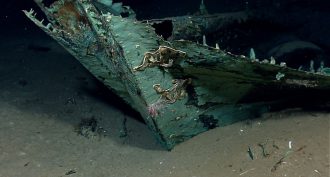 Environment
EnvironmentGulf oil spills could destroy shipwrecks faster
In the Gulf of Mexico, leftover crude oil from the Deepwater Horizon spill may be speeding the corrosion of old shipwrecks.
-
 Microbes
MicrobesPowered by poop and pee?
Scientists are developing methods to not only remove human waste from wastewater, but also to harness the energy hidden within it.
-
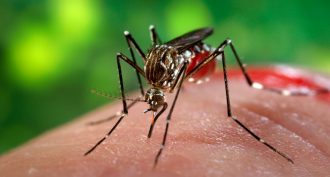 Health & Medicine
Health & MedicineZika virus raises alarm as it spreads in the Americas
Zika virus has been in Africa and Asia for decades. But is has now spread to the Americas. And it may cause a devastating birth defect.
By Meghan Rosen -
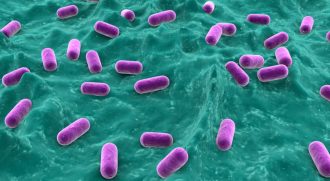 Life
LifeCell recount: People host far fewer germs
Since the 1970s, microbiologists have been saying bacteria outnumber human cells in our bodies by about 10-to-1. A new analysis says that old number was a “fake” fact — and gross exaggeration.
-
 Health & Medicine
Health & MedicineExplainer: What is skin?
The body’s soft, outer armor contains three layers, each with its own important role to play.
-
 Health & Medicine
Health & MedicineThe truth about zits
A common bacterium called P. acnes usually helps keep the skin healthy. But under some conditions, and especially during puberty, it can trigger painful, embarrassing outbreaks of unsightly pimples.
-
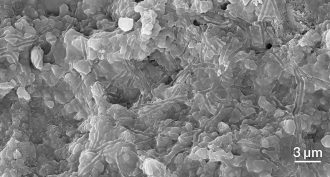 Earth
EarthBubbles may have sheltered Earth’s early life
For Earth’s earliest inhabitants, a bubble on the beach would have been the next best thing to a safety blanket.
By Meghan Rosen -
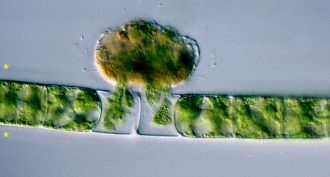 Microbes
MicrobesFossils show sign of ancient vampire microbes
Scientists have found 750-million-year-old fossils of cells with puncture wounds. This appears to offer evidence that vampirelike creatures sucked them dry.
-
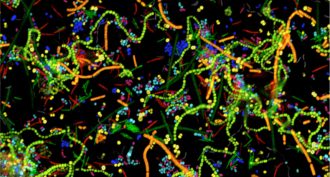 Microbes
MicrobesSlime cities
Biofilms are like tiny cities of bacteria — some harmless, others destructive. Scientists are learning how to keep these microscopic metropolises under control.
-
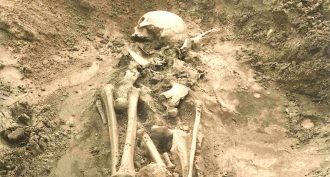 Genetics
GeneticsThe earliest evidence of plague
Plague is best known as the killer disease that wiped out nearly half of Europe during the 1300s. But the germ infected people up to 3,000 years earlier than that, DNA from ancient teeth now show.
By Bruce Bower -
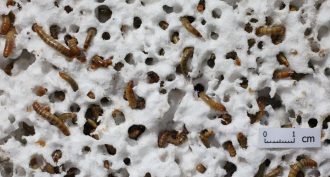 Environment
EnvironmentMealworms chow down on plastic
Gut bacteria in mealworms break down polystyrene. Feeding plastic to the worms, or the germs they carry, could be a way to get rid of these wastes.
-
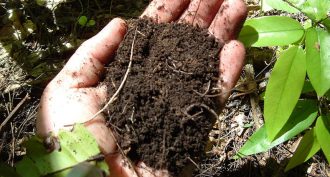 Earth
EarthThe dirt on soil
More than just dirt, soils teem with microbes essential for growing crops. Soils also help prevent floods and even play a role in climate change.